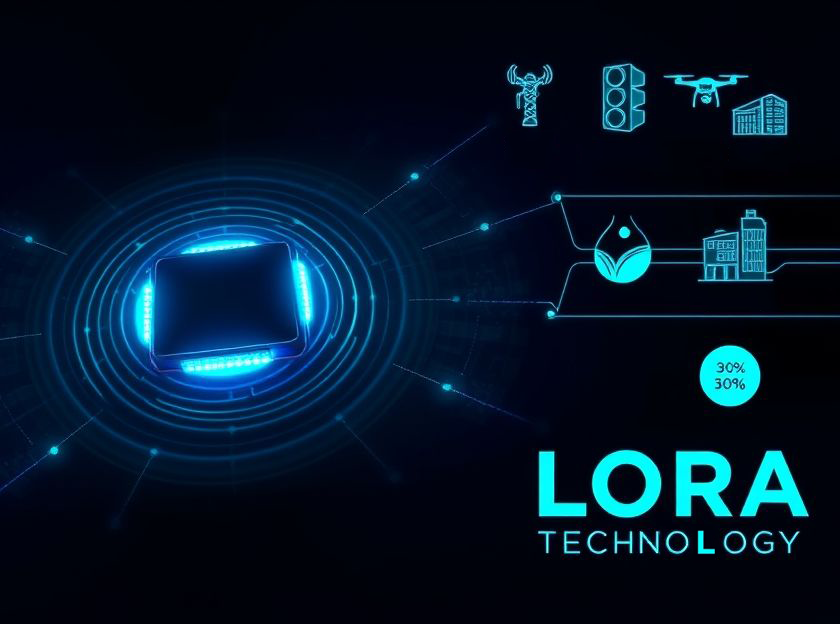Say Goodbye to High LoRa Prototype Costs & Assembly Headaches

The Internet of Things (IoT) continues to revolutionize how we interact with the world, and Low Power Wide Area Network (LPWAN) technologies like LoRa are at the forefront of this transformation. LoRa technology offers incredible potential for long-range, low-power communication, making it ideal for applications ranging from smart agriculture to industrial monitoring. However, turning an innovative LoRa project idea into a functional prototype often hits two significant roadblocks: prohibitive costs and complex assembly. Many promising LoRa concepts stumble at this early stage, hampered by the very real development pain points developers face.
The Prototyping Cost Conundrum
Getting a new LoRa-based device off the ground involves several cost-intensive steps. Sourcing specialized components, particularly reliable LoRa modules, can quickly inflate the budget for initial prototypes. Add to this the expense of fabricating Printed Circuit Boards (PCBs), even for small batches, and the financial barrier becomes substantial. This upfront investment risk can stifle creativity and prevent individual developers or small teams from exploring the full potential of their LoRa applications. The dream of deploying a network of efficient LoRa sensors can seem distant when the initial prototype itself breaks the bank.

Elecrow PCB Service
Wrestling with Assembly Challenges
Beyond the cost of components and PCBs lies the challenge of assembly. Hand-soldering surface-mount components, especially the intricate LoRa modules and associated circuitry, is time-consuming, requires significant skill, and is prone to errors that can be difficult to troubleshoot. This manual process dramatically slows down the development cycle. Alternatively, professional PCB assembly (PCBA) services, while offering high quality and reliability, often have minimum order quantities or setup fees that make them uneconomical for just a few prototypes. This assembly bottleneck is a major pain point, delaying testing, iteration, and ultimately, the successful deployment of LoRa solutions. Developers need efficient ways to get their hardware built correctly without excessive cost or time investment.
A Solution to Ease LoRa Development Pains
Fortunately, initiatives arise to directly address these critical development hurdles. Elecrow, recognizing these challenges within the LoRa development community, has stepped up with a fantastic opportunity highlighted on their blog. They are offering LoRa module giveaways and PCB assembly sponsorships. This initiative directly tackles the pain points: the giveaway reduces the component cost burden by providing free LoRa modules, while the PCBA sponsorship significantly lowers or eliminates the assembly cost and complexity barrier. This kind of support is invaluable, enabling developers to move from concept to a professionally assembled prototype much faster and more affordably. It's a practical solution aimed squarely at accelerating LoRa innovation.
Empowering the Future of Long-Range Connectivity
LoRa and LoRaWAN continue to be game-changers for long-range IoT connectivity. Overcoming the initial financial and logistical hurdles of prototyping is key to unlocking more widespread adoption and innovation in this space. Programs like Elecrow's LoRa module giveaway and PCBA sponsorship empower developers, students, and businesses to bring their connected visions to life. By removing the significant pain points of high prototype costs and difficult assembly, they pave the way for the next generation of impactful applications using this technology. If you're working on such a project, exploring these opportunities can be the catalyst you need.
